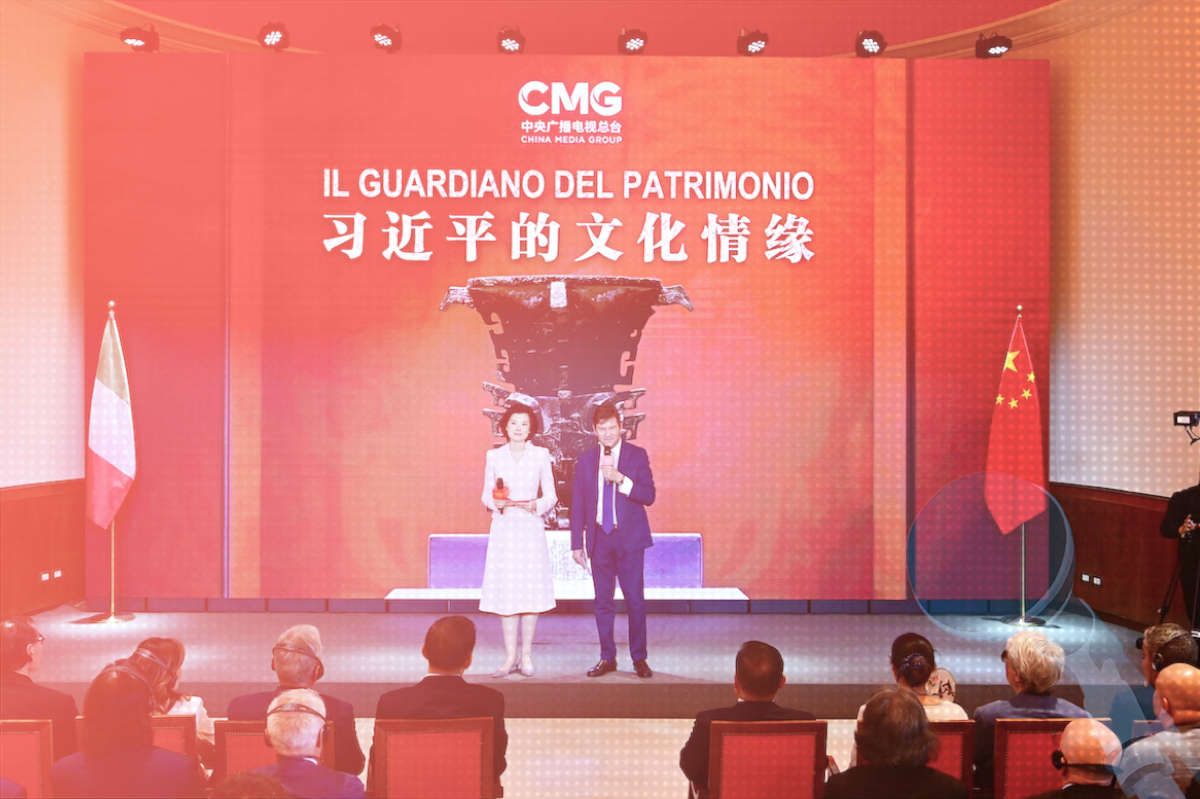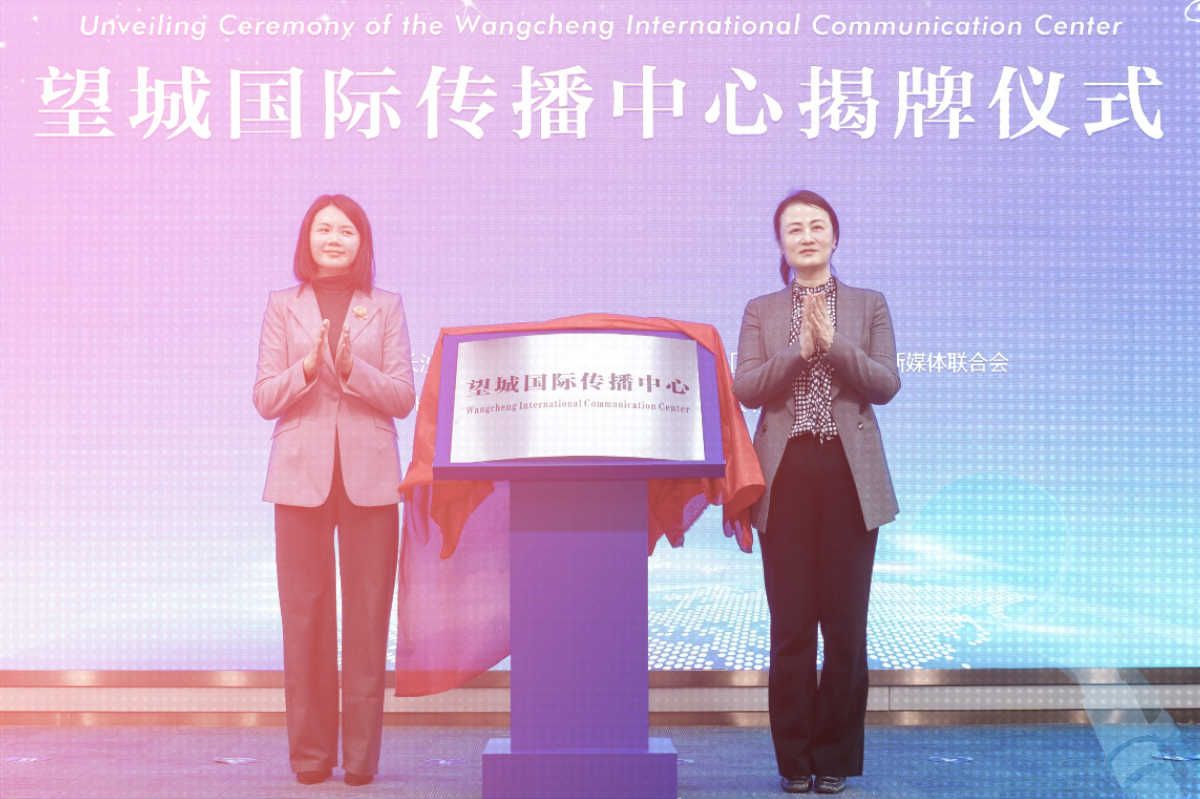Headlines and Hashtags
Nanfang Daily praises Southern TV news program for being “genial but not frivolous”
What follows is an article translated from the April 26 edition of Nanfang Daily (南方日报) praising the philosophy behind “TVS News”, which airs on Southern Television (TVS), Guangdong province’s state-run TV network. The article illustrates a number of important overall trends in Chinese media, including the concept of “news reform” (新闻改革), which is tied up with Hu Jintao’s overall media policy of the “Three Closenesses”.

The idea of the “Three Closenesses” is to maintain strict control over media, particularly news media, in China while making it more interesting and relevant to readers and viewers. This policy walks hand-in-hand with media commercialization in China, which seeks to make Chinese media a profitable industry. Recent backlashes against the excesses of commercialization, including new restrictions on Hunan TV’s immensely popular “Super Girl”, have brought a slight policy “correction” in the form of such catch phrases as Hu Jintao’s “Eight Honors and Eight Disgraces”. In the Nanfang Daily article these policy trends are balanced against one another: the program is praised as “genial but not frivolous”. Meeting the needs of Hu’s “Three Closenesses”, in other words, but not taking things too far. Sensationalism, though, seems to be written into the very fabric of “news reform” – in paragraph seven, editors are encouraged to work suspense and drama into their news stories. The model example given is an investigative report (舆论监督) about small-time crooks:
Story Dictation: “TVS News” (今日一线) is genial but not frivolous
The production of television programs is probably unfamiliar territory to most average viewers. We invited Hua Ming (华明), assistant director of Southern Television’s Editorial Office (总编室) to tell us the story behind the production of television programs using the example of “TVS News”.
The prevalence of programs about the lives of those outside [Guangdong] and a dearth of programming about the lives of local people led to the creation of “TVS News”. Behind this new and fresh program is a series of changes.
The anchors [for the show] cannot be as lax as they were in the past [when wearing suits and speaking formally was enough]. [Today] they must avoid wearing professional outfits, and they must be more laid-back in their attitude, genial but stopping short of frivolous.
The planning of the program cannot be treated lightly. “TVS News” intrepidly invites judgment from [a panel of] ordinary viewers – they just have to say, “That’s entertaining!” and the program’s objective is reached.
When broadcasting, “TVS News” avoids the crowded [prime time] news period and risks airing at 9:30pm, thereby directly carving out its own brand new news prime time.
Reporters cannot be too relaxed either. Formal news language is not accepted. And in order to make the language of news more lively, “TVS News” reporters must recite their stories once after writing them to make sure they are down to earth and genial, natural and clear.
Our editors cannot be so relaxed. News must have a story component. For example, “Encountering ‘Lao Qian'” (遭遇”老千”), which told the story of how husband and wife stall-keepers took genuine money from their customers and gave counterfeit money as change. The editors purposefully worked suspense into the story and created conflict, and the result was a dramatic piece that made watching the news downright interesting.
“TVS News” has notched up a new record for television in Guangdong province: it has broken the pattern of Cantonese-speaking news dominating Guangzhou. Just one week after airing, it shot up to the number one spot among rankings for Mandarin-language viewers. Success in digging out the hidden treasures of “news relevant to people’s lives” (民生新闻) has brought a whole series of news reforms to Guangdong (引发一系列广东新闻改革). Most important of all, as all the channels found their foothold in the idea of “popular relevance” (“民生”) there came a profusion of relevant popular programs (民生栏目).
[In this April 29 article Hua Ming speaks again on media commercialization at TVS]
[“System reforms ignite the fire of culture [industry] and become ‘ready source of income’ for Guangdong”]





















